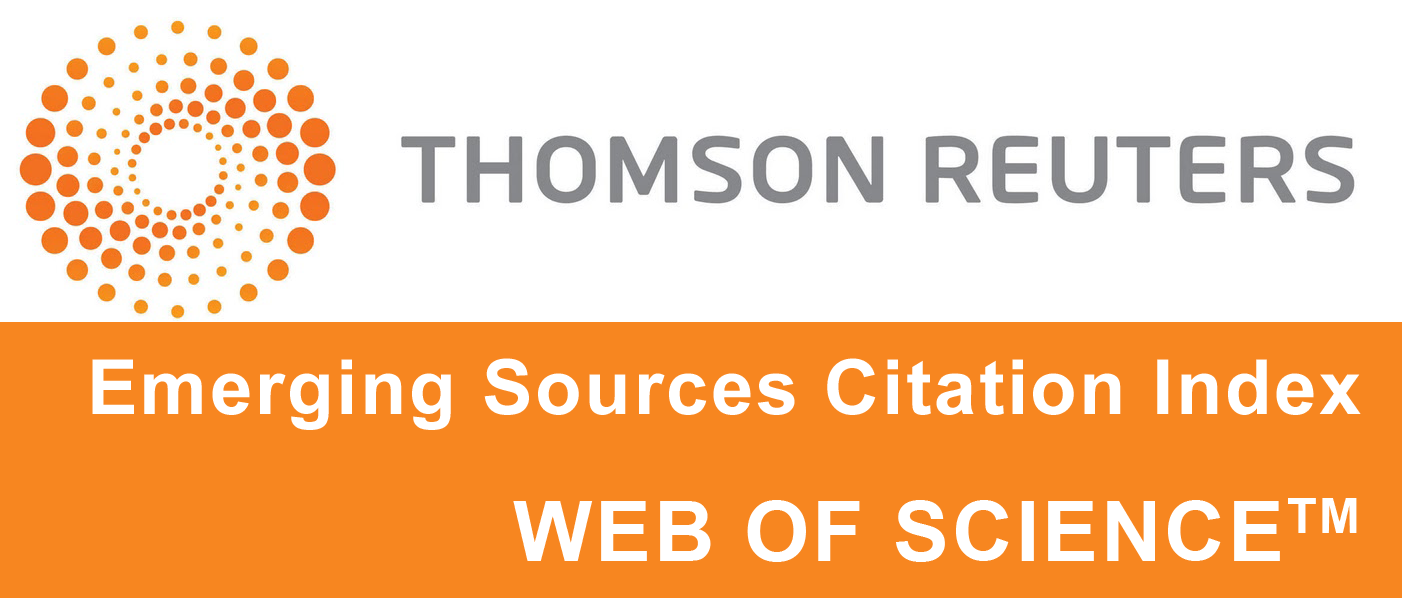The Rise of Filipino Postcolonial Knowledge: Philippine Studies, the Institute of Philippine Culture, and the Ateneo de Manila University Press
Charlie Samuya Veric: Ateneo de Manila University
DOI: https://dx.doi.org/Abstract
A contribution to the yet unwritten histories of Philippine Studies (PS), the Institute of Philippine Culture (IPC), and the Ateneo de Manila University (ADMU) Press, this article examines the rise of Filipino postcolonial institutions of knowledge production in the shadow of the Cold War. It argues that PS, IPC, and ADMU Press constituted a coherent and coordinated network that sought to establish a postcolonial culture of knowledge production after 1946. Moreover, their development signaled the rise of decolonizing thought that coincided with the emergence of Cold War area studies.
KEYWORDS: POSTCOLONIAL KNOWLEDGE PRODUCTION • INTELLECTUAL HISTORY • COLD WAR • DECOLONIZATION • JESUITS











